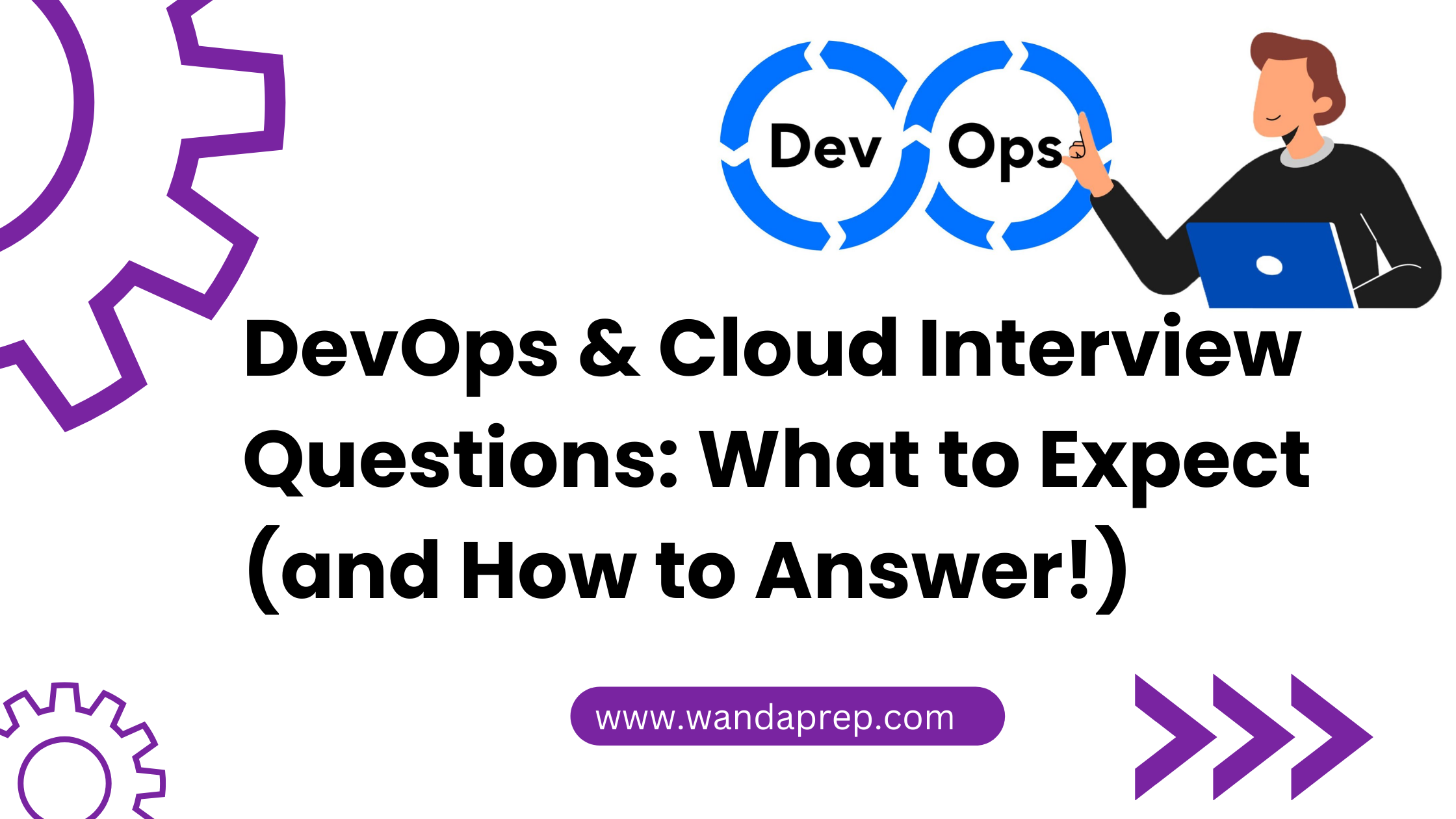
In today’s ever-evolving technology landscape, DevOps and Cloud have emerged as two crucial pillars. DevOps, the combination of software development and IT operations, aims to streamline and automate the software delivery process, while Cloud computing offers scalability, flexibility, and cost-efficiency in storing and accessing data. Together, they have revolutionized the way organizations develop, deploy, and maintain software applications.
This blog post aims to guide you through the interview process by providing valuable insights into what to expect and how to answer interview questions effectively.

Understanding DevOps and Cloud Interview Questions
A. Common Interview Formats and Structures
Before diving into the specific types of interview questions, it’s essential to understand the common formats and structures used in DevOps and Cloud interviews. While the exact format may vary from one company to another, there are a few popular ones to be aware of:
- Phone/Screening Interviews: These initial interviews are usually conducted over the phone or through video calls. They serve as a preliminary assessment to determine your basic technical knowledge and suitability for the role.
- Technical Interviews: These interviews focus on evaluating your technical skills and knowledge. They may involve coding exercises, whiteboard discussions, or hands-on demonstrations of your proficiency with specific tools and technologies.
- Behavioral Interviews: Behavioral interviews aim to assess your soft skills, such as communication, collaboration, problem-solving, and decision-making abilities. The interviewer may ask situational or behavioral questions to gauge your past experiences and how you approach various work scenarios.
- Panel Interviews: In panel interviews, you’ll face a group of interviewers, usually consisting of technical experts, managers, and team members. This format allows for a more comprehensive evaluation of your skills and compatibility with the team.
B. Types of Interview Questions
DevOps and Cloud interviews encompass a wide range of questions designed to assess different aspects of your abilities. Here are the three main types of interview questions you can expect:
- Technical Questions: These questions delve into your understanding of core DevOps and Cloud concepts. They may cover topics like continuous integration and deployment, infrastructure automation, containerization, cloud architecture, networking, security, and more. Prepare to explain how you would approach specific scenarios and demonstrate your knowledge of relevant tools and technologies.
- Behavioral Questions: Behavioral questions are designed to assess your soft skills and teamwork abilities. Interviewers may ask about your experience working in cross-functional teams, your approach to problem-solving and decision-making, how you handle conflicts, and how you prioritize and manage your workload. Prepare concrete examples from your past experiences that highlight your relevant skills.
- Scenario-based Questions: These questions present you with hypothetical situations that you may encounter in real-world DevOps and Cloud environments. Interviewers want to assess your problem-solving skills, critical thinking, and ability to make sound decisions under pressure. They may ask you to troubleshoot an issue, design a solution for a specific problem, or explain how you would handle a particular challenge.

Key DevOps Interview Questions
A. Common DevOps Interview Questions and Their Purpose
DevOps interview questions are designed to assess your knowledge and experience in key areas of DevOps practices and methodologies. Here are some common DevOps interview questions and their purposes:
Questions related to continuous integration and continuous deployment:
- What is the difference between continuous integration and continuous deployment?
- How would you set up a continuous integration and deployment pipeline?
- Explain the benefits and challenges of implementing continuous integration and deployment.
These questions aim to evaluate your understanding of the fundamental concepts of continuous integration (CI) and continuous deployment (CD). The interviewer wants to assess your ability to integrate code changes frequently, automate the build and testing processes, and deploy software releases efficiently.
Questions about infrastructure automation tools like Docker and Kubernetes:
- What is Docker, and how does it differ from virtualization?
- How would you use Docker to containerize an application?
- What are the advantages of using Kubernetes for container orchestration?
These questions assess your familiarity with popular infrastructure automation tools and platforms like Docker and Kubernetes. The interviewer wants to gauge your understanding of containerization, container management, and how these tools improve scalability, portability, and resource utilization.
Inquiries about configuration management tools such as Ansible or Puppet:
- What is the role of configuration management in DevOps?
- How would you use Ansible/Puppet to automate configuration management?
- Explain the benefits and drawbacks of using configuration management tools.
These questions aim to evaluate your knowledge of configuration management tools like Ansible or Puppet. The interviewer wants to assess your ability to automate the configuration and management of infrastructure resources, maintain consistency across environments, and handle infrastructure changes efficiently.
By familiarizing yourself with these key DevOps interview questions, you can better prepare yourself to showcase your expertise in continuous integration and deployment, infrastructure automation, and configuration management. In the next section, we will explore essential Cloud interview questions. Stay tuned for more insights and tips!
Essential Cloud Interview Questions
A. Important Cloud-related Interview Questions and Their Significance
Cloud computing has become an integral part of modern technology infrastructure, and as such, cloud-related interview questions are crucial for assessing a candidate’s knowledge and expertise in this field. Here are some essential cloud interview questions and their significance:
Questions about cloud service providers like AWS, Azure, or Google Cloud:
- What are the key services offered by AWS/Azure/Google Cloud?
- Explain the differences between Infrastructure as a Service (IaaS), Platform as a Service (PaaS), and Software as a Service (SaaS) models.
- How would you choose the most suitable cloud provider for a specific application or workload?
These questions test your understanding of different cloud service providers and their offerings. The interviewer wants to gauge your familiarity with the major players in the industry, their services, and your ability to select the appropriate cloud provider based on specific requirements.
Inquiries about cloud architecture and design principles:
- Explain the concept of cloud architecture and its components.
- How would you design a highly available and fault-tolerant cloud infrastructure?
- Discuss the importance of scalability, elasticity, and resilience in cloud architecture.
These questions assess your knowledge of cloud architecture and your ability to design scalable and resilient cloud infrastructures. The interviewer wants to determine your understanding of cloud components, such as virtual machines, load balancers, auto-scaling groups, and how to leverage them to build reliable and performant cloud solutions.
Questions related to scalability, security, and cost optimization in the cloud:
- How would you design a scalable application architecture in the cloud?
- Explain the best practices for securing cloud resources and data.
- Discuss strategies for optimizing costs in the cloud.
These questions aim to evaluate your understanding of scalability, security, and cost optimization in the cloud. The interviewer wants to assess your ability to design cloud solutions that can handle increased workloads, implement robust security measures to protect data, and optimize resource usage to minimize costs.
By preparing for these essential cloud interview questions, you can demonstrate your knowledge and proficiency in cloud service providers, cloud architecture and design principles, as well as scalability, security, and cost optimization in the cloud. In the next section, we will provide tips on how to answer DevOps and Cloud interview questions effectively. Stay tuned for valuable insights and strategies!

Some Tips for Answering DevOps and Cloud Interview Questions
A. Strategies for Effectively Answering Technical Questions
Technical questions in DevOps and Cloud interviews can be challenging, but with the right approach, you can showcase your expertise and problem-solving abilities. Here are some strategies to help you answer technical questions effectively:
Emphasize the importance of understanding core concepts and technologies:
- Take the time to thoroughly understand the foundational concepts and technologies relevant to DevOps and Cloud.
- Ensure you have a solid grasp of key terms, principles, and best practices in areas like CI/CD, infrastructure automation, containerization, and cloud architecture.
- Demonstrate your understanding by explaining complex concepts in a clear and concise manner.
Discuss the value of hands-on experience and practical examples:
- Employers value practical experience and hands-on skills in DevOps and Cloud.
- Highlight any relevant projects, internships, or personal initiatives where you have applied DevOps and Cloud concepts and technologies.
- Provide specific examples of how you have implemented automation, improved deployment processes, or optimized cloud infrastructure to solve real-world challenges.
B. Advice for Approaching Behavioral and Scenario-based Questions
Behavioral and scenario-based questions are designed to assess your soft skills, problem-solving capabilities, and ability to handle real-life situations. Here are some tips to help you navigate these types of questions:
Discuss the STAR method for structuring responses:
- The STAR method (Situation, Task, Action, Result) is a structured approach to answering behavioral questions.
- Start by describing the situation or task you faced, providing context for the interviewer.
- Explain the actions you took to address the situation, highlighting your problem-solving skills, teamwork, and communication abilities.
- Finally, describe the result or outcome of your actions, emphasizing any positive impact or lessons learned.
Encourage candidates to provide specific examples from their experience:
- When answering behavioral or scenario-based questions, draw from your own experiences to provide concrete examples.
- Share stories that demonstrate your ability to adapt, collaborate, and handle challenges effectively.
- Be specific about your role, the actions you took, and the results you achieved. This helps the interviewer better understand your capabilities and achievements.
By following these strategies and approaches, you can confidently tackle technical questions by emphasizing your knowledge and practical experience. Additionally, you can effectively showcase your soft skills and problem-solving abilities when responding to behavioral and scenario-based questions. In the next section, we will conclude the blog post with a recap of the main points discussed. Stay tuned for the conclusion!
Conclusion
In this blog post, we explored the world of DevOps and Cloud interviews and provided valuable insights into how to prepare effectively. Preparing for DevOps and Cloud interviews is an ongoing process. As technology evolves, so do the expectations of employers. Stay curious, keep learning, and embrace the challenges that come your way. With dedication and perseverance, you can stand out in the competitive job market and embark on a successful career in DevOps and Cloud.
Visit Wandaprep today for more resources for DevOps and Cloud Interview preparation.
